简介¶
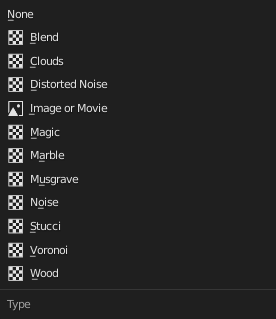
The Texture Type list in the Texture panel of the Texture buttons. (Non-procedural textures darkened out.)¶
程序化纹理是用数学算法定义的纹理。它们用起来相对简单,因为它们不需要用精确的方式映射,但着并不意味着程序化纹理不能做得很复杂。
这些类型的纹理是 真 3D.它们之间的无缝衔接即使经过裁切也表现得十分完美;就如一段木头真的被切成两半。程序化纹理不需要过滤或者抗锯齿。这解决了很大的问题:用户可以在可接受的限制内轻易保留大量细节。
通用选项¶
噪波基型¶
Each noise-based Blender texture (except Voronoi and Simple Noise) has a Noise Basis setting that allows the user to select which algorithm is used to generate the texture. This list includes the original Blender noise algorithm. The Noise Basis settings makes the procedural textures extremely flexible (especially Musgrave).
噪波偏移 统筹纹理的构造外形:
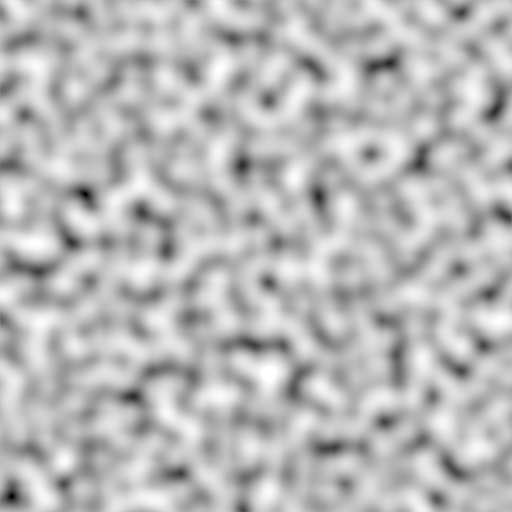
Blender原生。¶ |
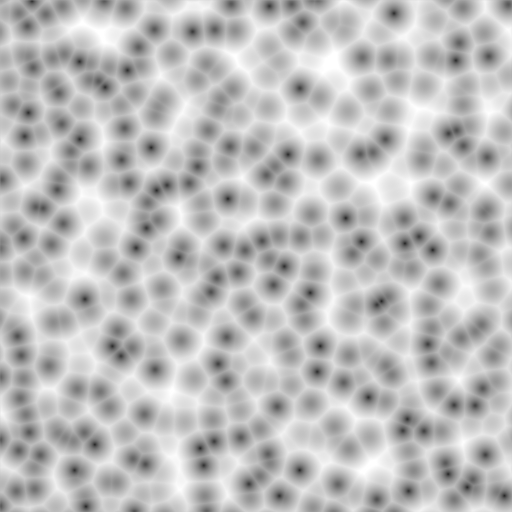
沃罗诺伊 F1。¶ |
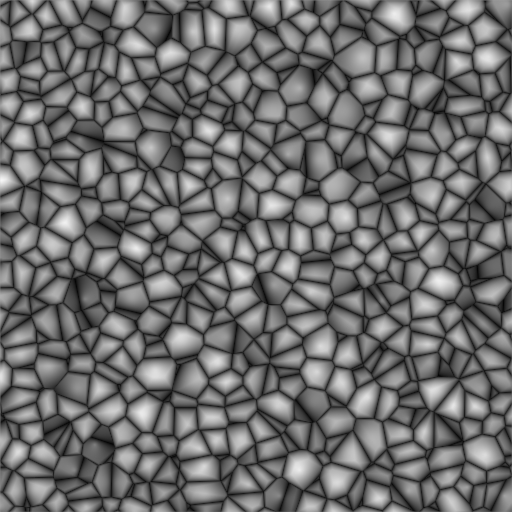
沃罗诺伊 F2-F1。¶ |
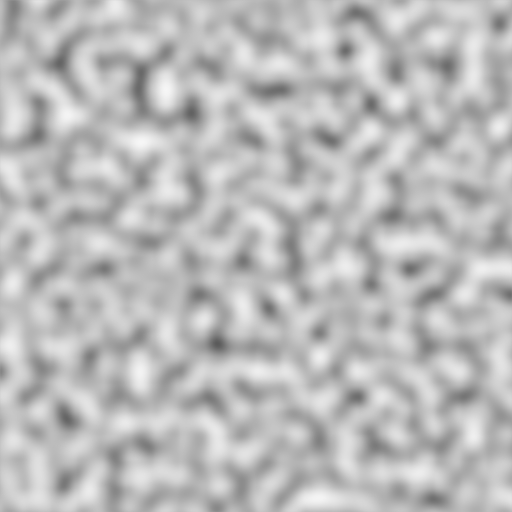
原生佩尔林。¶ |
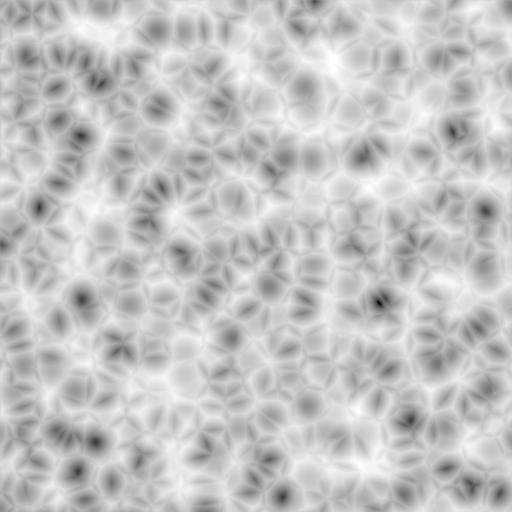
沃罗诺伊 F2。¶ |
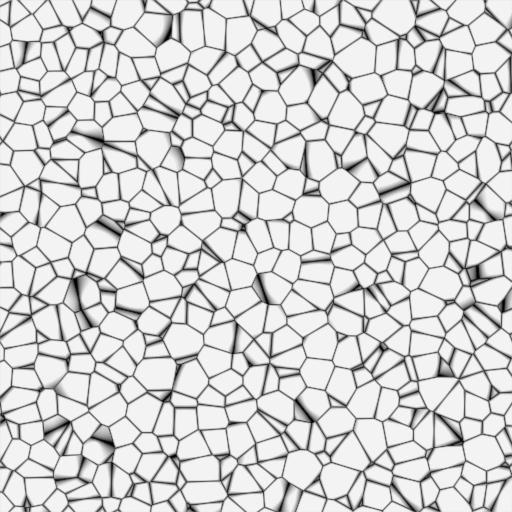
沃罗诺伊 爆裂。¶ |
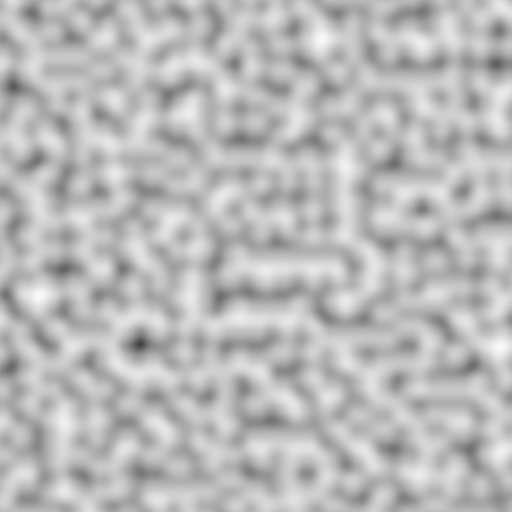
增强型佩尔林。¶ |
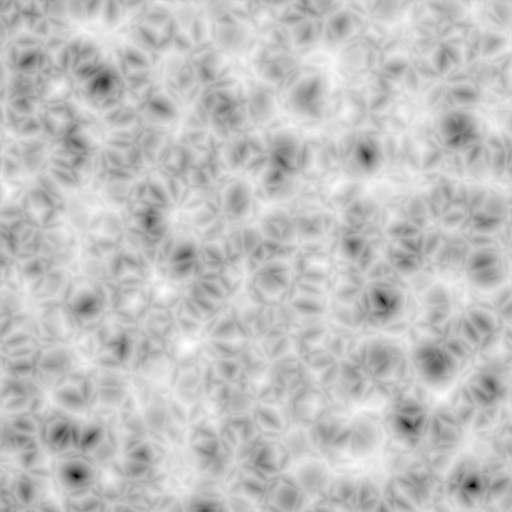
沃罗诺伊 F3。¶ |
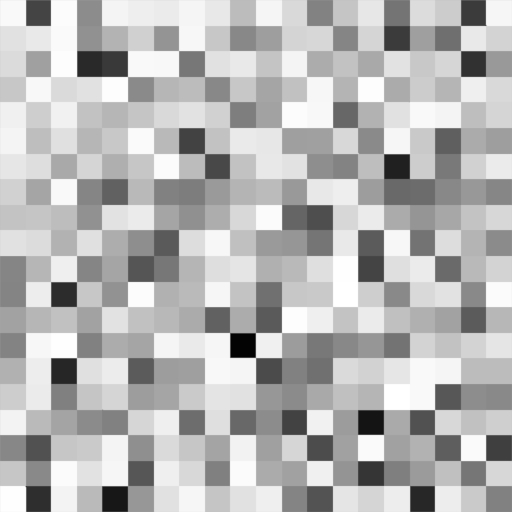
细胞格噪波。¶ |
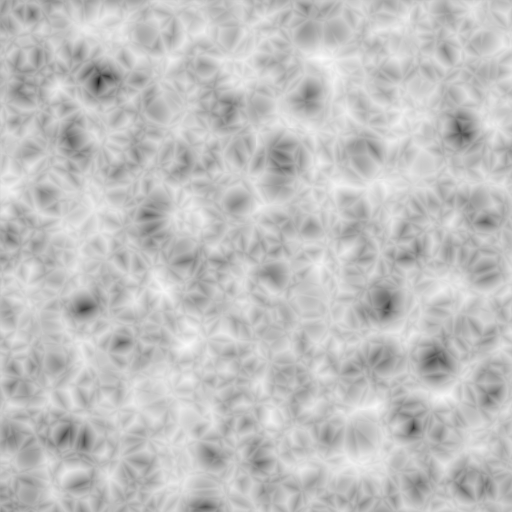
沃罗诺伊 F4。¶ |
噪波偏移 有两种额外的选项,和 Blender 原生 类似:增强型佩尔林和原始型佩尔林。
纳布拉¶
几乎所有Blender中的程序化纹理都使用衍生物来为纹理映射计算法线(除开 混合 和 魔幻纹理)。这对于法线和置换贴图很重要。效果强度是由 纳布拉 的数值区间控制的。
提示¶
程序化纹理也可以生成彩色纹理,只含强度的纹理,含alpha值的纹理和法线纹理。如果是只含强度的纹理那么往往作为黑白纹理的形式使用,它可以用渐变来大幅提升效果。换而言之如果你使用渐变且需要一个强度值,你必须在 映射 中转为 无RGB 。